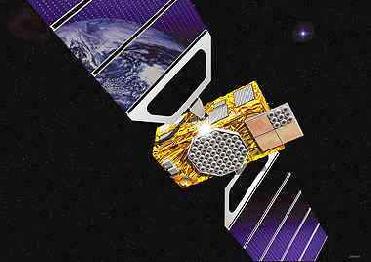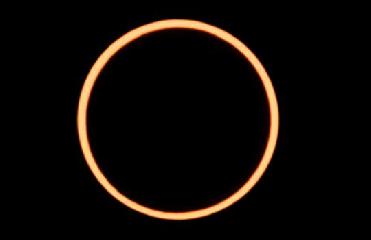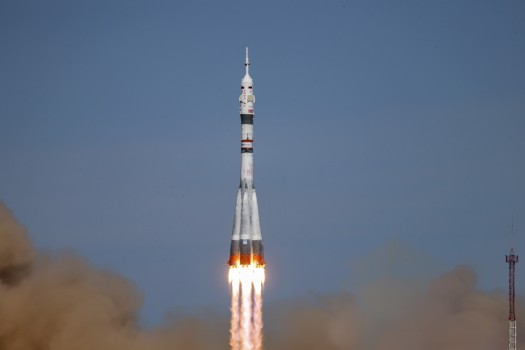
The European satellite navigation system, Galileo (artist's impression). ESA-J.Huart Photo.
BERLIN (PTI): After years of delay, dispute over costs and wrangling contracts, European Union's own satellite navigation system to counter the domination of the US's Global Positioning System (GPS) is finally taking shape.
The European Commission has awarded a contract for building 14 satellites for the Galileo satellite navigation system to the German aerospace company OHB System AG in Bremen.
The contract valued at Euros 566 million (USD 818 million) is part of a package of around 32 satellites envisaged for the Galileo network, which is expected to become operational by early 2014.
The EU says unlike the GPS, which is controlled by US military, Galileo will be an entirely civilian project that uses more advanced technology to provide space-born precise timing and location service.
The European navigation system promises greater accuracy than the GPS-down to a meter and less-, deeper penetration in urban centers and inside buildings and a faster link up.
The remaining satellites will be procured either from the OHB System AG or from the EADS-Astrium GmbH, another German company, "depending on which company provides the most advantageous offer," European Commission's Vice President with responsibility for transport Antonio Tajani said in Brussels.
Arianespace will use initially five Russian Soyuz launchers to put the satellites into orbit in batches of two.
The first launch is scheduled for October 2012 from Kourou, in French Guyana and will be followed by four or five launches per year.
The contract also contains options for either two additional Soyuz launches in batches of two or one Ariane 5 launch vehicle carrying four satellites.
"With this and the upcoming contracts for the remaining procurement packages, we are concluding a crucial phase of the Galileo programme," Tajani said. "We can now focus on the actual roll-out and demonstrate to European citizens that Europe's own satellite navigation system is firmly underway," he said.
The Galileo satellite system was originally scheduled to be put into orbit by the end of 2010 and to become operational by 2013. But the project has been plagued by differences among the EU member nations over its costs, disputes over the awarding of lucrative contracts for various systems and services, technical challenges and objections from US, which felt a rival system to GPS, might be used by the Europeans to build up their military capabilities.
The project was almost abandoned in 2007 when a private consortium assigned to build most of Galileo's infrastructure and to run its services collapsed.
Since then, the European Commission and the European Space Agency have taken over the responsibility for the project.
In November, 2007, the EU transport ministers finally approved the project in spite of its cost at that time because it would give the EU "economic and strategic independence from the US.
Besides reducing Europe's dependence on the GPS, Galileo could create a number of new jobs and a major part of the investments could be recovered from the business it generates around the world.
 Previous Article
Previous Article Next Article
Next Article












The Indian Air Force, in its flight trials evaluation report submitted before the Defence Ministry l..
view articleAn insight into the Medium Multi-Role Combat Aircraft competition...
view articleSky enthusiasts can now spot the International Space Station (ISS) commanded by Indian-American astr..
view article